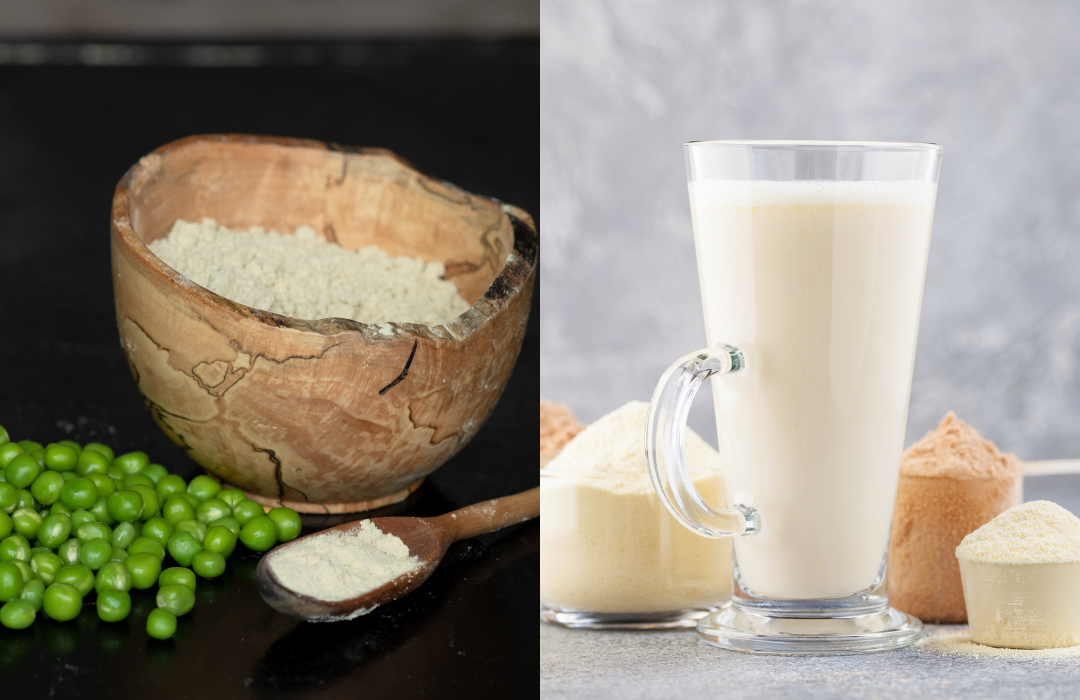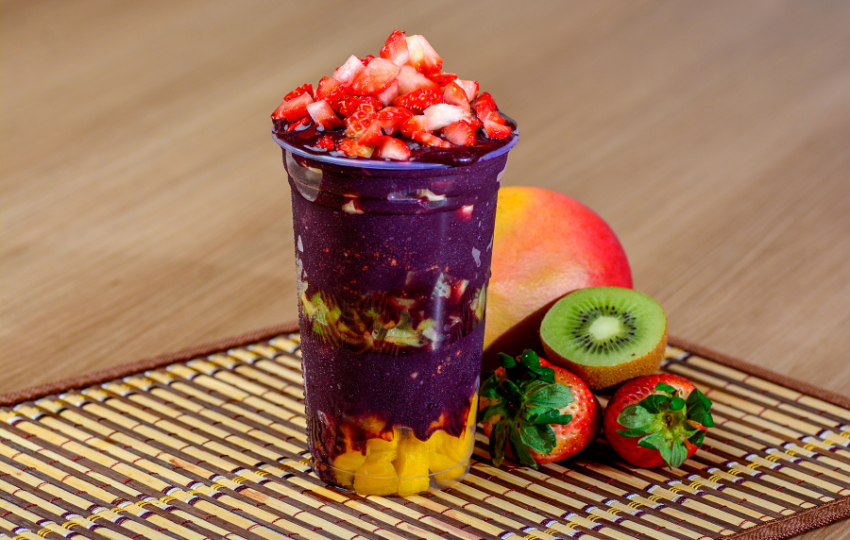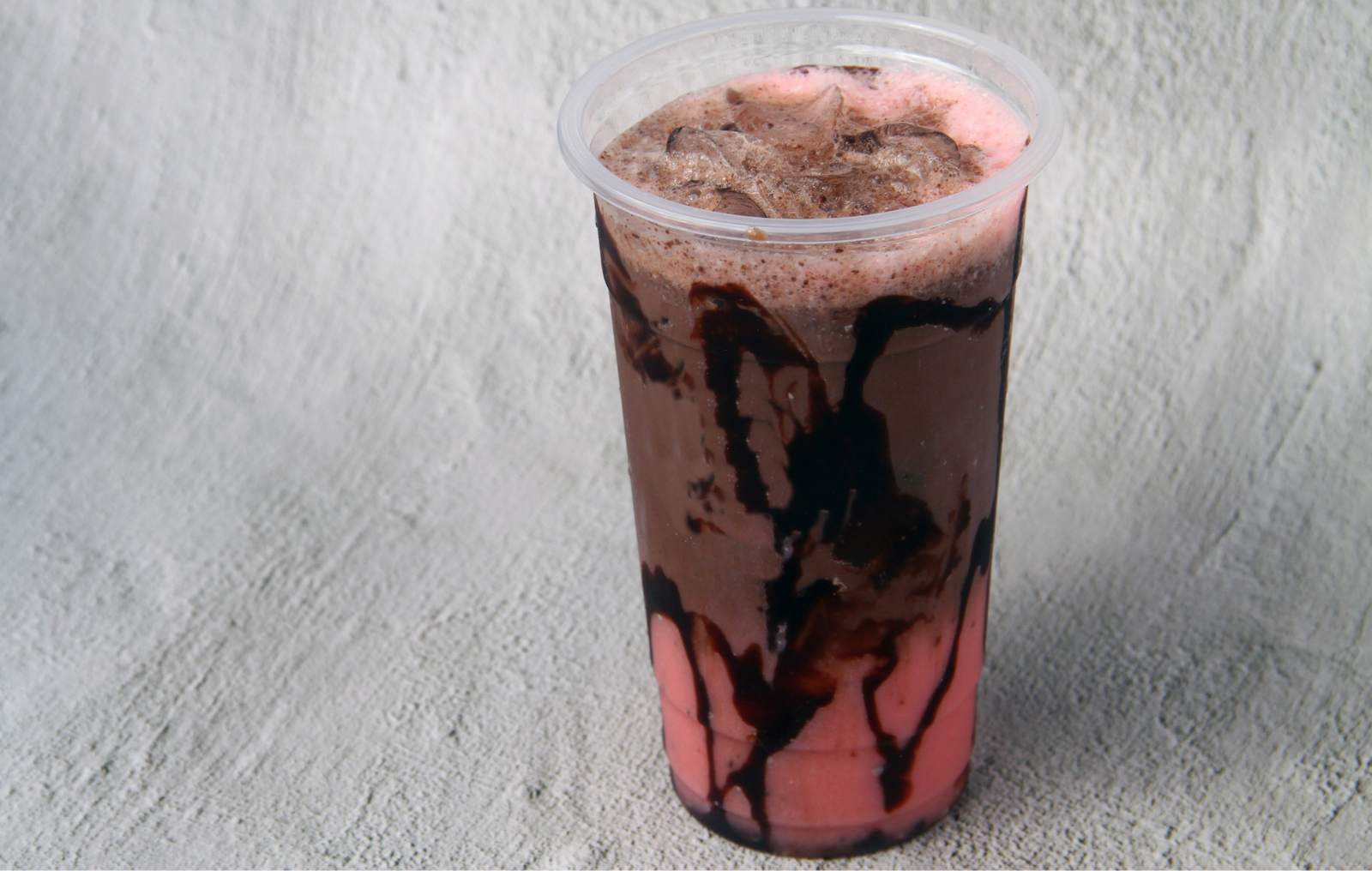Whey vs Plant-Based Protein
When it comes to selecting the right protein powder, factors such as flavor, protein content, sugar content, protein base, nutritional perspective, environment and dietary preferences play a big role. Adding protein to your diet enhances muscle performance and aids in workout recovery. Understanding the disparities between whey isolate protein and pea protein can help with choosing the right protein powder.
The Main Difference: Whey Isolate vs Plant Protein

The main difference between whey isolate protein powder and plant-based protein powder is in the presence of lactose. Whey isolate contains lactose from milk, whereas plant-based powders do not. Instead, plant-based proteins utilize substitutes, in our case peas for pea protein.
Breaking it Down: Whey Protein Explained

Whey protein, derived from milk, is known for its high-quality protein content and rapid absorption rate, making it ideal for post-workout recovery.
Plant based Protein Explained

Plant-based proteins offer a viable alternative to dairy-based whey for those with dietary restrictions or lactose intolerance. For a further dive into pea protein, see our blog: Pea Protein Explained here.
Which Should You Choose: Whey or Plant Based Protein?
Protein Content: Whey vs Plant Protein
Choosing between whey and plant-based protein often boils down to how much protein you're getting. Here's a quick comparison to make your decision easier:
-
Whey Protein: Known for its high protein, whey packs about 23 to 26 grams per serving. It's a complete protein, meaning it has all the essential amino acids your body needs.
-
Plant-Based Protein: Modern plant proteins are catching up, offering 20 to 25 grams per serving. They're made by mixing different plants to match whey's amino acids, making them a great option for those avoiding dairy or following a plant-based diet.
Boba Nutrition's Protein Contents: Boba's plant-based protein gives you 23 grams per serving, a tad less than some whey proteins but with the unmatched taste of bubble tea flavors. It's a perfect blend of nutrition and flavor, designed for those who want their protein supplement to be both delicious and effective.
Effectiveness on muscle growth: Whey or Vegan Protein

Some would claim that isolate protein powder tends to have more effective for muscle growth due to the BCAA's which are found in the powder. This is a very small amount, and most would conclude that both plant-based and isolate protein are great for muscle growth.
Taste and Flavor Profiles
The taste is a significant factor in choosing a protein powder. Pea Protein tends to have an earthier taste than Whey Isolate protein. With a special focus on Boba Nutrition’s plant-based options that offer unique bubble tea flavors, setting them apart from the typically chalky taste of other plant-based proteins. As for Boba Protein's Whey protein it has a slightly smoother flavor without the impact of the pea protein.
Dietary Considerations and Allergies
Considering dietary restrictions and allergies is crucial. Whey and plant-based proteins cater to different needs, including lactose intolerance and vegan diets.
Environmental Impact

Choosing between whey and plant-based proteins isn't just about nutrition; it's also about their impact on the planet. Whey protein comes from dairy, requiring more water, land, and producing more emissions. Plant-based proteins, like pea or rice, are kinder to the earth, using fewer resources and creating less pollution. For a greener choice, plant-based is the way to go.
Cost Comparison
Price matters when picking protein powder. Whey protein is usually more wallet-friendly, thanks to established production methods. Plant-based options might cost a bit more. Remember, it's not just about the price tag—consider what's best for your health, taste preferences, and planet too.
Here at Boba Protein we offer the same price for both our Whey Boba Proteins and Vegan Boba Proteins.
Versatility in Recipes
Protein powders can be more than just shakes; they can be incorporated into a variety of recipes. This part offers creative ideas for using both whey and plant-based proteins in everyday cooking. Check out our tasty, boba protein recipes here!
The Fitness Enthusiast's Perspective in Whey vs Plant-Based
Whether you're looking to bulk up, enhance recovery, or shed some weight, the right protein can help. Whey is great for fast muscle repair, while plant-based proteins support growth and are perfect for those avoiding dairy. Match your protein choice to your fitness aims for the best results.
Whey vs Plant-Based Protein for Weight Loss
Both whey and plant-based proteins can be allies in your weight loss journey. Whey might edge ahead with muscle building and metabolism, but plant-based proteins are excellent for keeping you full and fitting into a dairy-free lifestyle. The key? Choose what you'll enjoy and stick with as part of a balanced diet.
Choosing the Right Protein for You
Boba Protein's Unique Offerings
Boba Nutrition changes the game with its bubble tea-flavored proteins, blending nutrition with the joy of your favorite drink. These unique offerings stand apart from typical protein powders, providing a tasty twist without sacrificing health benefits. Choosing Boba Nutrition means enjoying innovative products that don't just meet your protein needs but also delight your taste buds. It's the perfect pick for those seeking something different in their nutrition journey.

Whey Boba Protein: A Unique Blend of Taste and Nutrition
Whey Boba Protein is a groundbreaking fit for boba enthusiast. It brings together nutritional excellence of whey protein with the irresistible flavors of bubble tea. Whey Boba Protein offers a delightful alternative to the usual protein flavors. Boba Nutrition offers a variety of whey isolate bubble tea protein flavors including:
- Taro Boba Protein
- Vietnamese Coffee Boba Protein
- Thai Tea Boba Protein
- Mango Protein
- Brown Sugar Protein
- And more!
- More coming soon! Leave your email here to be notified
Vegan boba protein
Also known as plant based boba protein, our Vegan Boba Protein stands out with its unique bubble tea flavors, ditching the chalky taste typical of plant-based proteins. From classic taro to sweet boba, it's a tasty way to boost your protein intake. Crafted from high-quality pea protein, it supports muscle growth and recovery with a complete amino acid profile. Ideal for vegans, vegetarians, or anyone seeking a clean, plant-powered protein boost. Boba Nutrition offers a variety of vegan isolate bubble tea protein flavors including:
- Vegan Mango Boba Protein
- Even Vegan, Low-cal Konjac pearls
- More coming soon! Leave your email here to be notified
Conclusion
Whey vs. plant-based protein choice depends on health goals, preferences, and concerns.Whether you lean towards the muscle-building prowess of whey or the sustainable, allergen-free benefits of plant-based proteins, the most important factor is finding a supplement that aligns with your lifestyle and nutritional needs.
FAQ: Whey vs. Plant-Based Protein
1. What are the key differences between whey and plant-based protein powders? Whey protein comes from milk and has lactose, while plant-based proteins like pea protein are lactose-free and vegan-friendly.
2. Can plant-based protein powders support muscle growth as effectively as whey protein? Both whey and plant-based proteins effectively support muscle growth. Modern plant-based proteins are designed to offer a complete amino acid profile similar to whey, making them comparable for muscle repair and growth.
3. How does the taste of whey protein compare to plant-based proteins? Whey protein is smoother, while plant-based proteins, like pea protein, are earthier. Boba Nutrition offers unique flavors like bubble tea in both whey and plant-based variants.
4. Are there environmental benefits to choosing plant-based protein over whey protein? Plant-based proteins have a lower environmental impact, requiring fewer resources and resulting in lower emissions.
5. How do I choose between whey and plant-based protein? Consider dietary preferences, allergies, and fitness goals. Whey protein is ideal for muscle recovery due to its high protein content and fast absorption. Plant-based proteins are suitable for lactose intolerance, dairy allergies, or vegan diets. Also, consider environmental impact and taste preferences.







Leave a comment (all fields required)